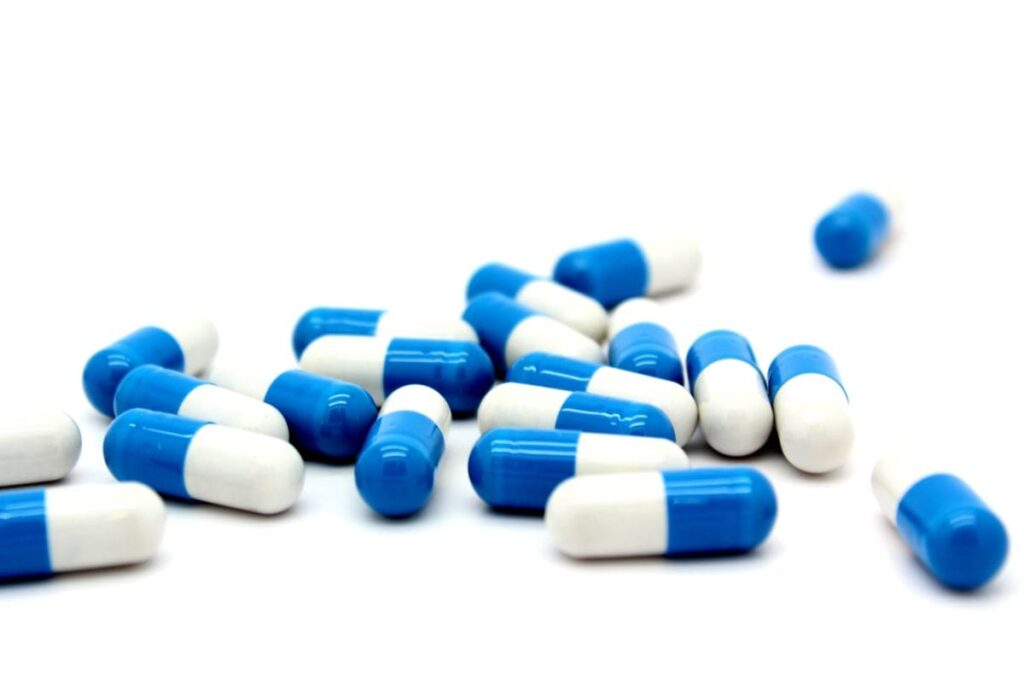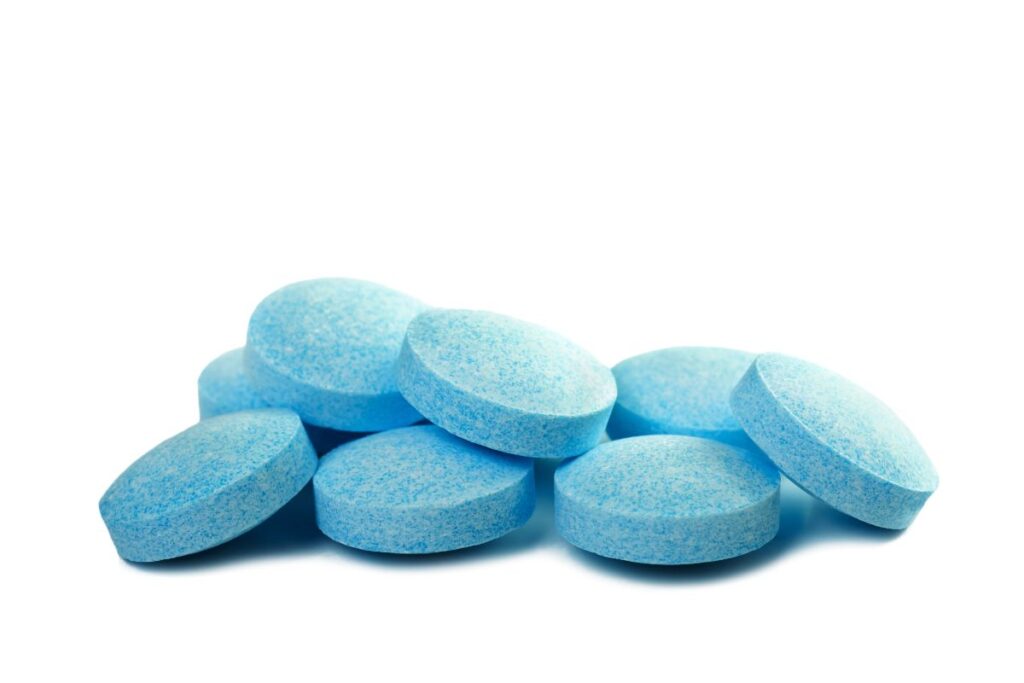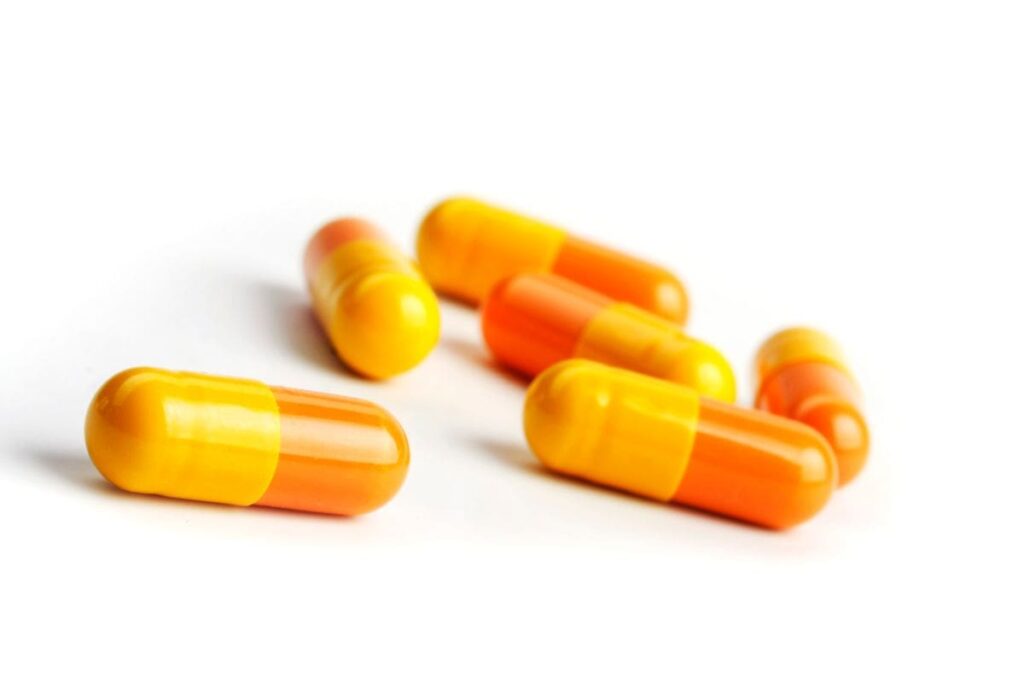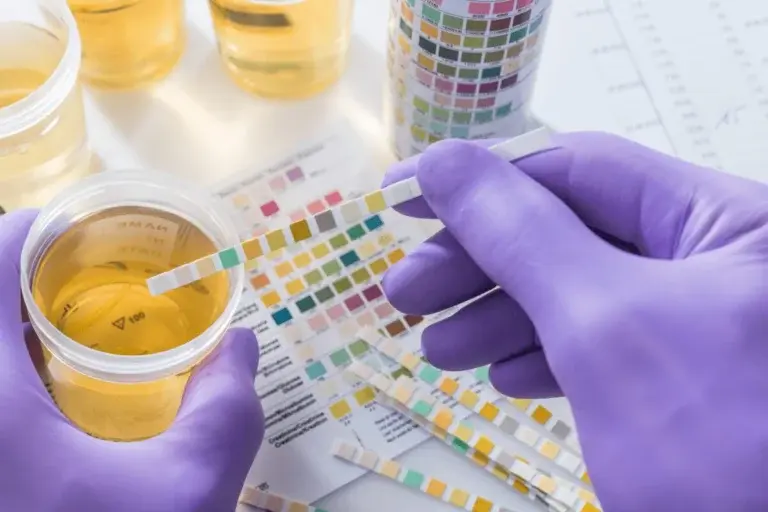Dialectical Behavioral Therapy in Worcester, Massachusetts
Do you struggle with addiction to alcohol or drugs and want to find the most effective, modern approaches to treatment available? Lake Avenue Recovery specializes in getting to the root of a person’s addiction so they can overcome it. Our DBT programs in Massachusetts help people make a connection between their thoughts and feelings and how they affect their desire to abuse substances. Our DBT therapy helps people break the cycle of dependence and make better choices as they enter recovery. Our therapists use their training in DBT and other cutting-edge therapies to help people regain control of their physical and mental health.
You are not alone. You deserve to get help.
Lake Avenue Recovery is an industry leader in addiction treatment in Massachusetts. Our team of top medical experts specialize in dual diagnosis treatment and are committed to ensuring that each patient is treated as an individual. Call us today, we’re available 24/7.
What is Dialectical Behavioral Therapy (DBT)?
Dialectical Behavioral Therapy, often referred to as DBT, was created by Marsha M. Linehan, Ph.D., ABPP, in the 1970s. It is a modified version of another type of therapy called Cognitive Behavioral Therapy (CBT). Originally used to help treat borderline personality disorder, it is now used to treat many types of mental health disorders. As well, some DBT programs in Massachusetts use it to help treat people who have substance use disorders.
Using DBT helps people change the ways they think, feel, and react to situations and emotions in more positive ways. They learn to replace unhealthy coping skills with healthy ones, thus enabling them to make better choices and enjoy more stable relationships. DBT therapy is done over several sessions with a trained therapist.
The Components of DBT
Therapists teach the people they treat the four main components of DBT. Each one provides a way to help improve the coping skills of the individual and how they view the world. Together, all of the components work in tandem to provide overall improvement in a person’s mental health and sobriety. The four components of DBT used in DBT programs in Massachusetts include:
Mindfulness: Mindfulness helps people learn to live in the present and acknowledge what is currently going on. They observe their surroundings and themselves without attaching judgment to anything by engaging in mindfulness exercises during therapy sessions.
Distress Tolerance: The individual learns to tolerate negative or troubling situations and emotions without resorting to using unhealthy coping skills. They learn that they can tolerate distress in a healthy manner without falling apart or abusing alcohol or drugs.
Interpersonal Effectiveness: This component teaches people how to have healthier and more satisfying personal relationships with others. They understand how to set boundaries and respect those set by others. When people enjoy better communication and healthy give-and-take in relationships, they develop self-respect and confidence.
Emotional Regulation: This helps people avoid becoming overwhelmed by their emotions. Instead, they learn to identify what they are feeling and control their emotions so they don’t overwhelm them or lead to negative, unproductive reactions.
How Can DBT Help Substance Abuse and Dual Diagnosis Disorders?
DBT can help people who enter treatment to help them overcome a substance use disorder. Sadly, many people who have an addiction also have a mental health disorder. The good news is that using DBT can help them improve their symptoms of mental illness while also learning to stay sober. For example, distress tolerance can help someone who has a history of immediately drinking or getting high when they feel upset or stressed out instead make healthier choices.
DBT also helps people look at unhealthy urges and do the opposite. For example, someone who wants to isolate can instead make an effort to get together with someone or just get out of the house for a couple of hours. This type of engagement reduces the chances that they will relapse. Because of how effective DBT can be in treating both addiction and dual diagnosis, many addiction treatment programs in Massachusetts include it as part of their menu of therapies.
How We Incorporate DBT Into Our Massachusetts Treatment Programs
Lake Avenue Recovery includes DBT as part of our treatment for substance use disorders and dual diagnosis. We believe in providing several types of therapy to help people achieve their goals and empower themselves to stay sober for life. Other types of therapy we offer include:
We also help formulate a plan for aftercare services so each person can maintain the progress made while in our program. Additionally, we offer options for prescription medications that help relieve withdrawal symptoms and improve symptoms of poor mental health.
Find DBT Programs in Massachusetts
Is it time to reach out for help in beating your addiction to alcohol or drugs? Maybe it’s your first time looking for treatment or the programs you’ve attended in the past haven’t given you the results you need. Lake Avenue Recovery offers DBT programs in Massachusetts that teach people to understand how to alter the way they think about abusing substances. Our therapists teach you to reframe your thought processes so that relapsing doesn’t feel like an option. We offer DBT and other evidence-based and holistic therapies to give you the world-class treatment you need. As well, we provide options for prescription medications to help ease many withdrawal symptoms.
For more information on our DBT programs in Massachusetts, contact us today. It’s time for you to get the valuable help you deserve.
Learn more About our Treatment Options
How Long Does Vyvanse Stay In Your System?
Vyvanse is a prescription medication often used to treat ADHD and binge...
Feening For Drugs: What Does It Mean?
If you’ve ever heard someone say they’re "feening for drugs," they’re talking...
What is Blue Xanax?
Blue Xanax is a prescription medication used to treat anxiety and panic...
The Dangers of Effexor
Effexor (venlafaxine) is a widely used antidepressant that helps treat depression, anxiety,...
Mental Health Statistics in Massachusetts: Facts & How to Get Help
If you or someone you know is struggling with mental health, you’re...
How Long Does Alcohol Stay in Urine?
Key Takeaways Alcohol can be detected in urine for up to 12...
Instant Insurance Verification
Same-Day Clinical Assessment
Free &
Confidential
Start Your Journey to Recovery Call Now.
We have a longstanding foundation in the treatment and recovery community
Lake Avenue Recovery is a state licensed and Joint Commission accredited organization committed to promoting, maintaining, and restoring the dignity, well-being and mental health for those with substance use disorders and their families serving greater Worcester county and beyond.
- 132 Years Clinical Excellence
- 105 Years Recovery Experience
- 8:1 Ratio Client to Staff
- 12 Publications on Alcohol and Drug Use






